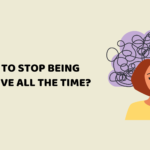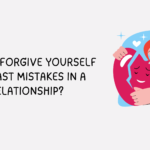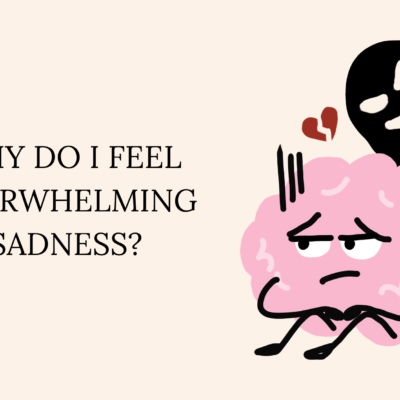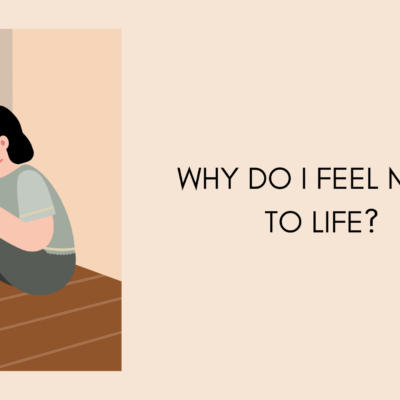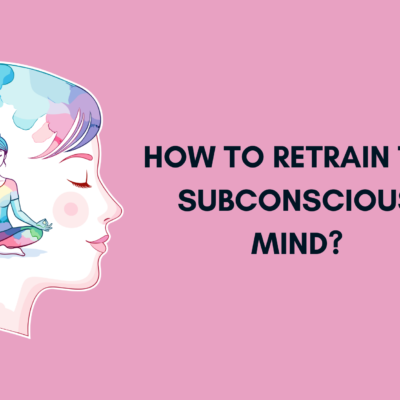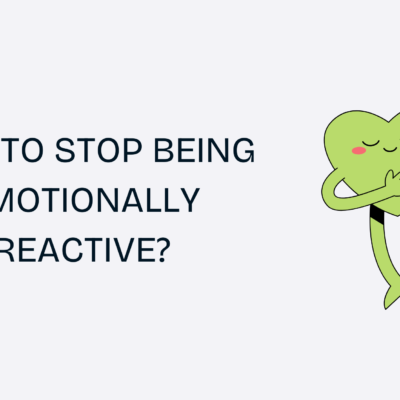How to Not Take Things so Personally: We’ve all been there. Someone makes a comment, ignores a message, forgets an invite—or maybe gives a look that just doesn’t feel right—and suddenly, your mind spirals. “Did I do something wrong?” “Are they upset with me?” “Maybe they don’t like me anymore…”
Taking things personally is a deeply human tendency. But when it becomes a habit, it can damage your self-esteem, relationships, and peace of mind. The good news is—you can unlearn this pattern. In this article, we’ll explore why we take things personally, what it says about us, and how we can rise above it with self-awareness and strength.
Also Read:
1. Understand Why You Take Things Personally
Before changing any behavior, we must understand its roots. Taking things personally often stems from:
- Low self-esteem: When you’re unsure of your worth, it’s easy to see others’ actions as judgment.
- Past wounds: Old emotional baggage (e.g., childhood criticism, rejection, or betrayal) can make current situations feel bigger than they are.
- Over-identification with outcomes: You tie your identity too tightly to how others react or what they say.
Ask yourself:
- Why did that hurt me so much?
- Am I reacting to this moment—or to something older within me?
Awareness is power. When you understand where your sensitivity comes from, it no longer controls you blindly.
2. Not Everything Is About You
Here’s a tough truth that can feel like freedom: Most of what people say or do is about them—not you.
- That rude cashier? Maybe they had a terrible morning.
- That friend who didn’t text back? Maybe they’re overwhelmed, not ignoring you.
- That colleague who criticized your work? Maybe they’re projecting their own fears.
People act based on their own stress, moods, upbringing, triggers, and insecurities. It’s rarely personal.
This mindset shift—“It’s not about me”—can instantly diffuse emotional overreactions.
3. Reframe the Situation
When something stings, pause and ask:
- Is there another way to look at this?
- What might be going on with the other person?
- What would I say to a friend in this situation?
Example:
Old Reaction: “She didn’t invite me. She must not like me.”
Reframed Thought: “Maybe she thought I was busy. Or maybe it was a small gathering. I’ll talk to her about it calmly instead of assuming the worst.”
Reframing trains your brain to respond with logic rather than assumption.
4. Strengthen Your Sense of Self
When you know who you are, what others say or do doesn’t shake you as much.
Build self-confidence through:
- Journaling: Write about your strengths, wins, and moments you’re proud of.
- Positive affirmations: Repeating phrases like “I am enough as I am” or “I do not need everyone’s approval to be worthy.”
- Trying new things: Learning a new skill or hobby builds competence, which builds confidence.
- Spending time with people who uplift you: Safe, positive relationships mirror your worth back to you.
A strong self-image makes you less dependent on external validation.
5. Pause Before Reacting
If something triggers you, don’t react immediately. Emotional reactions are like waves—they rise, peak, and fade. But if you act at the peak, you often regret it.
Instead, practice the pause:
- Take a deep breath.
- Step away from the situation.
- Give yourself time to process.
You don’t owe anyone an instant reply. With distance, clarity emerges.
6. Set Healthy Emotional Boundaries
Not everything deserves your emotional energy.
When someone makes a hurtful comment or behaves insensitively, ask:
- Is this person close to me?
- Do they understand me well enough for their opinion to matter?
- Are they even qualified to judge me on this topic?
You wouldn’t let just anyone walk into your house—so don’t let just anyone live in your mind rent-free. Learn to emotionally “filter out” what doesn’t serve you.
7. Practice Mindfulness
Mindfulness helps you observe your thoughts without getting caught in them.
Try this:
- Sit quietly for 5–10 minutes daily.
- Focus on your breath.
- When a thought arises, just notice it. Say to yourself, “That’s just a thought.”
Over time, this strengthens your ability to notice when you’re slipping into self-blame or overthinking—and gently bring yourself back to calm.
8. Don’t Be Afraid to Clarify
A lot of hurt comes from assuming instead of asking.
If someone says something that feels off, you can say:
- “Hey, I just wanted to check—when you said that earlier, did you mean it in a certain way? I might be overthinking it.”
- “I felt a little weird about what happened. Can we talk about it?”
Often, the other person didn’t even realize their words stung. Honest communication clears up confusion and prevents resentment.
9. Accept That Not Everyone Will Like You
This is hard—but crucial.
No matter how kind, smart, or well-meaning you are, some people just won’t vibe with you. And that’s okay. Their dislike says more about their preferences than your worth.
The more you seek approval from others, the more you give them power over your peace.
Let go of the need to be liked by everyone—and focus on being true to yourself.
10. Heal Old Emotional Wounds
Sometimes, you take things personally not because of the current situation—but because a wound from your past has been reopened.
If your reactions feel too intense, it may be time to do deeper healing work.
Options include:
- Therapy: Especially for unresolved childhood or relationship trauma.
- Inner child work: Nurturing the part of you that didn’t feel seen or valued.
- Self-compassion exercises: Speaking to yourself gently when you feel rejected or criticized.
Healing the root makes you more resilient in the present.
11. Shift Your Focus
When you’re constantly focused on what others think, you abandon your own growth and joy.
Instead:
- Channel your energy into goals, creativity, or learning.
- Volunteer or help someone else—giving shifts your perspective.
- Spend more time doing things you love.
The more you engage in meaningful activities, the less room there is in your mind for imaginary judgments.
12. Be Gentle With Yourself
Progress takes time. You won’t wake up one day and suddenly stop taking things personally. You’ll still have moments where you overthink or get hurt.
But that’s okay.
What matters is that you notice, pause, and practice responding differently each time.
Every step you take toward emotional freedom is a victory.
Conclusion
Taking things personally isn’t a sign of weakness—it’s a sign of sensitivity, of being human. But you don’t have to stay stuck in that pattern forever. With self-awareness, tools, and intention, you can build a stronger, more centered self.
The goal isn’t to be indifferent. It’s to be secure enough in who you are that someone else’s words, moods, or actions don’t shake your foundation.
You are not everyone’s opinion of you.
You are not the meaning you attach to their words.
You are more than that—and you always have the power to choose how you respond.

